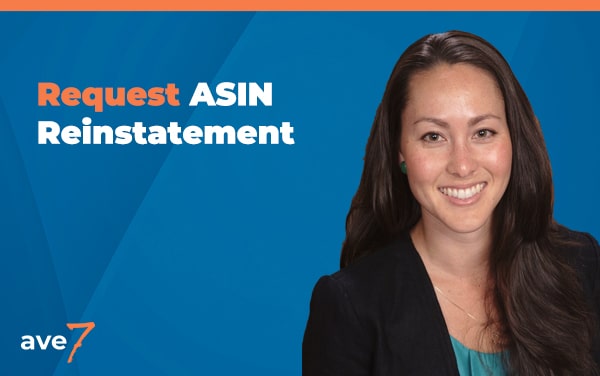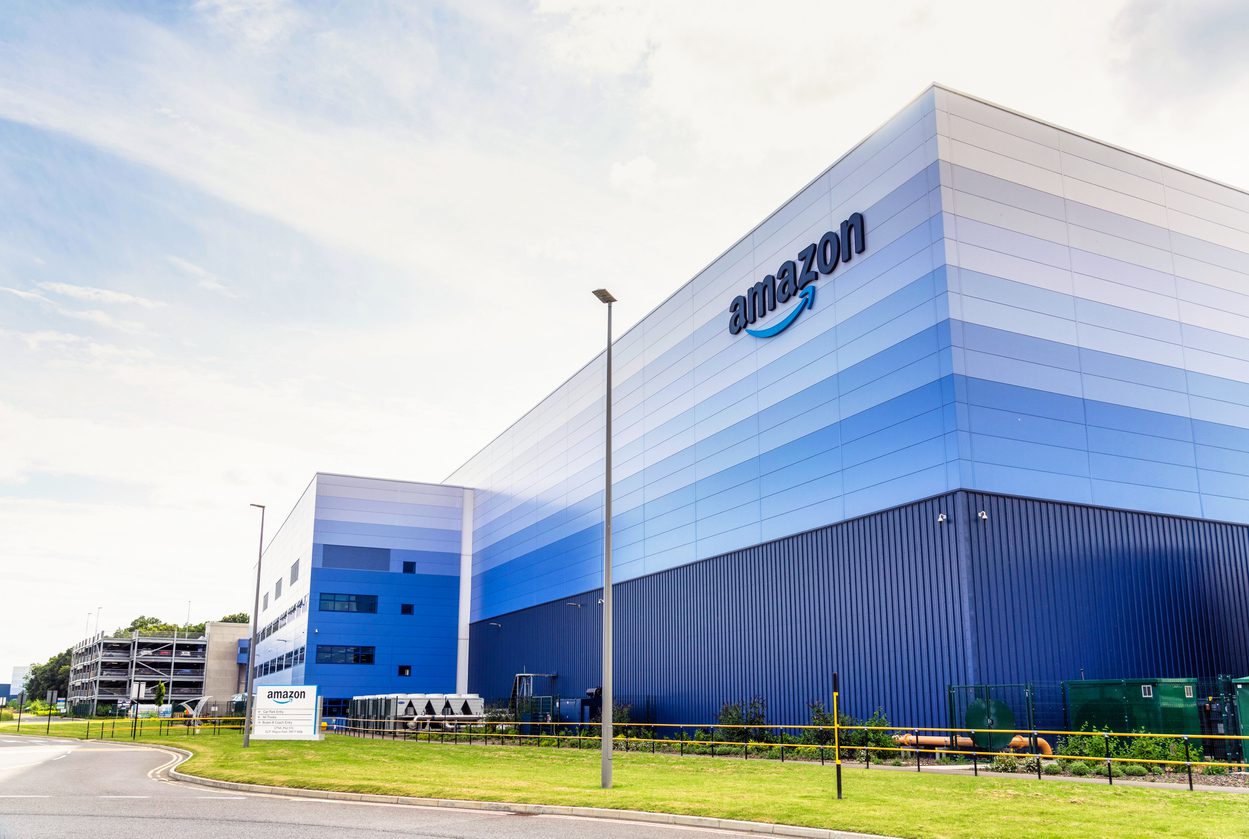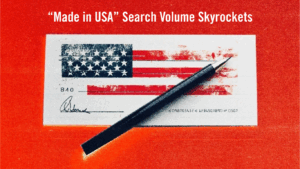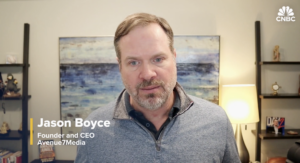While divided federal government bodies often have difficulty finding consensus on matters like Big Tech antitrust cases, state governments in many cases are less divided and more able to step in, the experts said. A lawsuit filed last month by California Attorney General Rob Bonta, for instance, alleges Amazon.com Inc. violated two state business competition laws in requiring third-party sellers and wholesalers to offer the lowest prices for their products on Amazon. The California suit further claims that Amazon hurts sales of those who do not comply by declining to promote their Amazon listings.
Jason Boyce, a former Amazon seller who now serves as a consultant for seller brands, described the impact of Amazon’s pricing and promotion practices on one of his former clients. The client’s pill dispenser product was a top-seller on Amazon.com but saw sales fall 30% after the dispenser was listed for less at Walmart Inc. The seller ended up removing the product’s listing from Walmart, Boyce said.
Boyce is the founder of Avenue7Media, which manages third-party private label seller brands on Amazon.
Boyce said Amazon’s practices are “raising prices on the internet, and it’s also suppressing marketplace competition.”
Boyce said he experienced this first-hand as a seller after he cross-posted products on eBay Inc. and Wayfair Inc. He soon saw sales for the cross-posted goods drop sharply on Amazon.com. This occurred after Amazon removed a pricing parity clause that prohibited sellers from offering products for lower prices elsewhere.
Read the entire article here:












